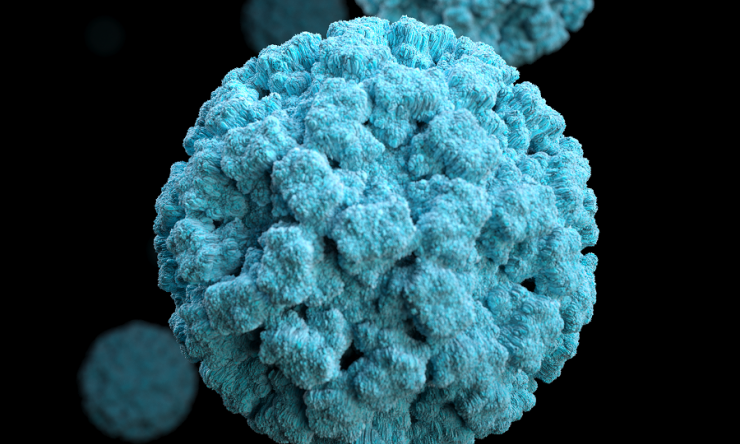Norovirus: How it spreads, treatment and prevention
Outbreaks of norovirus, which causes acute gastroenteritis, leading people to get sick with nausea, vomiting or diarrhea, are being reported as above the range in the U.S. compared to previous years, according to the Centers for Disease Control and Prevention. Infection spikes also are being seen in Europe and other parts of the world. An infectious disease expert at Baylor College of Medicine explains how to protect yourself from the virus and, if you get it, how to treat it.
"A person can get a norovirus infection at any time throughout the year, but its epidemic peaks are in the winter," said Dr. Robert Atmar, infectious diseases physician and professor of medicine at Baylor. "It affects people of all ages. We aren't sure why infection rates are higher this year than in years past, but it probably has to do with the circulating strains and the lack of immunity in the population."
Norovirus is contagious and is caused by eating or drinking contaminated food or water, touching contaminated surfaces and objects or being in close contact with someone who already has it. Once infected, people can be sick with gastroenteritis (vomiting is the most common symptom) for 24 to 72 hours.
"People are the most infectious when they have symptoms," Atmar said. "The virus can be detected in a person's stool before they develop symptoms and for at least several days after recovering from the illness. Just because a person has gotten over their symptoms doesn't mean they can't potentially transmit it."
To prevent norovirus, Atmar says to wash your hands with soap and water for about 15 seconds, especially after touching surfaces and using the bathroom. The virus is also is in vomitus and fecal matter, so cleaning up vomit or diarrhea should include gloves and using 10% bleach to kill the virus on affected surfaces. Afterward, make sure to wash your hands with soap and water.
"People who are sick should not be preparing food for others. Even after they have recovered, if they plan to prepare food for others, they should still make sure to wash their hands," he said.
To treat norovirus, drink plenty of fluids to stay hydrated. There is no antiviral medication or specific drug for norovirus, but a physician can prescribe medications to help ameliorate nausea and vomiting.
Currently, there are no vaccines available to treat norovirus. Atmar says vaccines are undergoing clinical evaluation to determine if it can prevent the virus or make it milder, but this could take a few years before becoming available to the public.







 Credit
Credit


